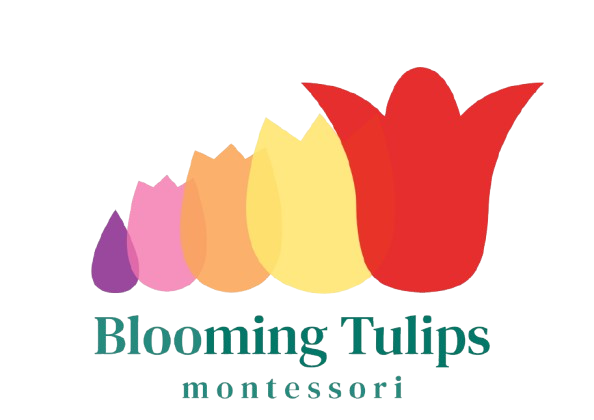Learning maths can be an advantageous experience for children when it’s done the right way – introducing mathematical concepts early and in ways suited to their age makes all the difference. With this approach, most children fall in love with maths – so let them explore its wonders.
Ensuring children have a strong foundation in numeracy is essential for their academic success. In addition, creating an engaging and supportive learning environment when they’re young can help to foster curiosity, cultivate excitement around learning, and ignite the motivation needed later on!
From her observations of how the human mind learns, Maria Montessori realised that maths is an integral part of our daily lives. And when children are exposed to it in a nurturing and positive way during their early years, they’re more likely to unlock its many wonders at later stages. Children light up when discovering maths and its practical applications! Especially when presented in a way that speaks to their natural tendencies, such as games or stories – children have an easier time engaging with and understanding mathematical concepts. Getting them excited about numbers early on is essential – leaving room for mathematics to be purposeful, fun and relevant throughout their learning journeys.
children are like sponges, and their minds have the capacity for so much when it comes to mathematical mastery. As a result, maths can be a door opener to many fulfilling futures. And with practice comes progress which unlocks an abundance of opportunity – if we only let children discover how meaningful maths is, they’d likely look forward to each day rather than seeing it as another tedious task.
It’s no surprise that a strong foundation in maths lays the groundwork for success later on. But how can we raise confident problem-solvers when concepts like numbers and equations are still so abstract to young learners? Let’s explore ways to make early learning enjoyable, inspiring and, most of all – rewarding!
In the Montessori approach to maths, To give children a good start in maths, we embrace their love of exploration and help them visualise abstract concepts through tangible objects. This allows children to use all their senses–sight, sound, touch–to learn the fundamentals that will serve as building blocks for more profound knowledge later on.
In Montessori rooms, children build an understanding of abstract numbers by exploring their tangible representations and memorising them. Then, as the child is ready, we transition from tangible shapes to symbols. Each symbol will have real meaning for them.
Every little mind is unique and develops at their own pace – it’s essential to understand that not all will learn the same concepts together. Education must meet each child where they are. Montessori education encourages children to take on new and ever-challenging concepts that they have mastered – it allows them to build their foundation of knowledge. By not forcing those who may need more time or focusing solely on speed learners, each child can develop at a rate suitable for them. Furthermore, when the basics have been established, there is no point in dwelling on laborious repetition – which can lead to boredom and disengagement from a subject matter, therefore allowing motivation within children to be empowered.
Montessori nurseries are essential to setting children up for success in maths later on. This is because they cultivate a hands-on learning environment that encourages children to explore things that interest them while instilling the ability to stay focused until objectives are met. In other words, these nurseries help spark creativity and foster concentration – two skills immensely beneficial in mastering mathematics.
Education is a journey, and the Montessori method has become an invaluable guide for those seeking to nurture their children’s growth at every age. This approach helps create meaningful learning experiences that benefit everyone involved from birth through adulthood.
“This system in which a child is constantly moving objects with his hands and actively exercising his senses, also takes into account a child’s special aptitude for mathematics. When they leave the material, the children very easily reach the point where they wish to write out the operation. They can thus carryout an abstract mental operation and acquire a kind of natural and spontaneous inclination for mental calculations.” ––Maria Montessori

Hi, my name is Dilia. I am the founder and managing director of Blooming Tulips Montessori Nursery. I am passionate about childcare and am doing my part to help make our world a better place by caring for, educating, and nurturing young hearts and minds.
“I believe the childcare practitioners are doing one of the most important jobs in the World; ‘They can play their part in making this world a better place by providing quality care and education for children. As a mentor and coach it is my obligation to make sure I do everything I can to create this mindset in my practitioners.’ Once this belief is internalised, that person can find meaning in even the most mundane tasks.” – Dilia Bas
Parents, Let’s work together!
“Your child is a unique individual with boundless potential and possibilities. By working together, we can unlock the doors to a life full of excitement and fulfilment. We can inspire young learners to embrace a life-long love for knowledge. From thinking mathematically to creating masterpieces, let’s nurture your child’s unique potential. Help your child to discover their capabilities and build deep personal values that will serve them well through adulthood. Let’s help them become unstoppable forces of good in the world. Together we can do this!” Dilia
